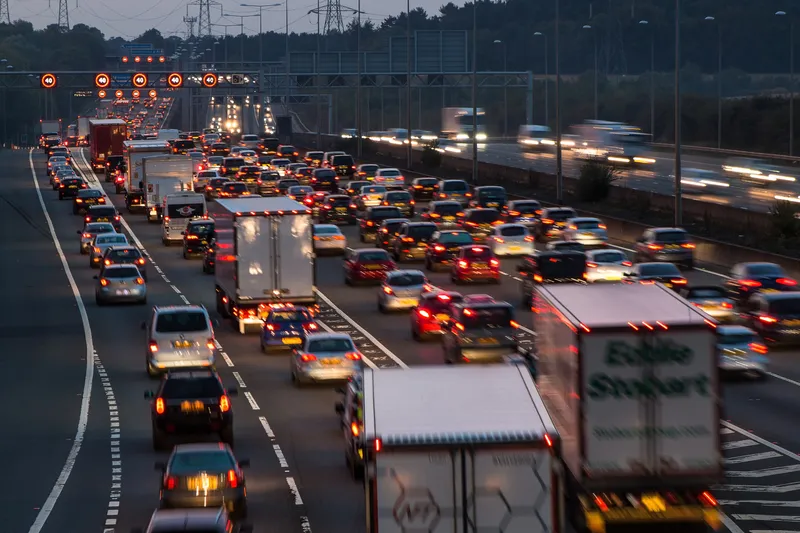Spark EV has launched its new artificial intelligence-based journey prediction telematics solution in Cambridge UK to reassure fleet managers moving to electric vehicles (EVs) that they will be able to schedule and complete jobs without running out of charge. It is designed with the intention of reducing range anxiety for managers and increasing the number of potential journeys by 2.8 per day.
The solution uses a combination of sensor technology, cloud-based machine learning analysis software and a smartphone app to analyse live driver, vehicle and other data sources such as the weather and congestion. It then uses AI software algorithms to increase the accuracy of journey predictions for EVs. Using machine learning, Spark EV automatically updates predictions after each journey to continually improve efficiency.
Drivers and fleet managers enter their journey through the Spark EV app, web interface, or their existing fleet management software, and it advises whether they will be able to complete it, based on live data, previous trips and ChargePoint locations. The solution also allows managers to add extra journeys or drop-offs to EV routes, based on their remaining capacity.
Available as a monthly subscription model, Spark EV integrates with existing fleet management/scheduling systems through its open API, or can be used as a standalone solution for smaller fleets and can be installed with all current EVs.
Justin Ott, chief executive officer, Spark EV Technology, said: “Fleet managers understand that the future increasingly revolves around electric vehicles, due to new legislation coming into force around the world, a move away from diesel and rapid growth in EV sales. However, existing methods of predicting range between charges are not accurate enough for fleet use, leading to range anxiety and a consequent drop in productivity as managers cut back the number of journeys to avoid potentially running out of power.”










